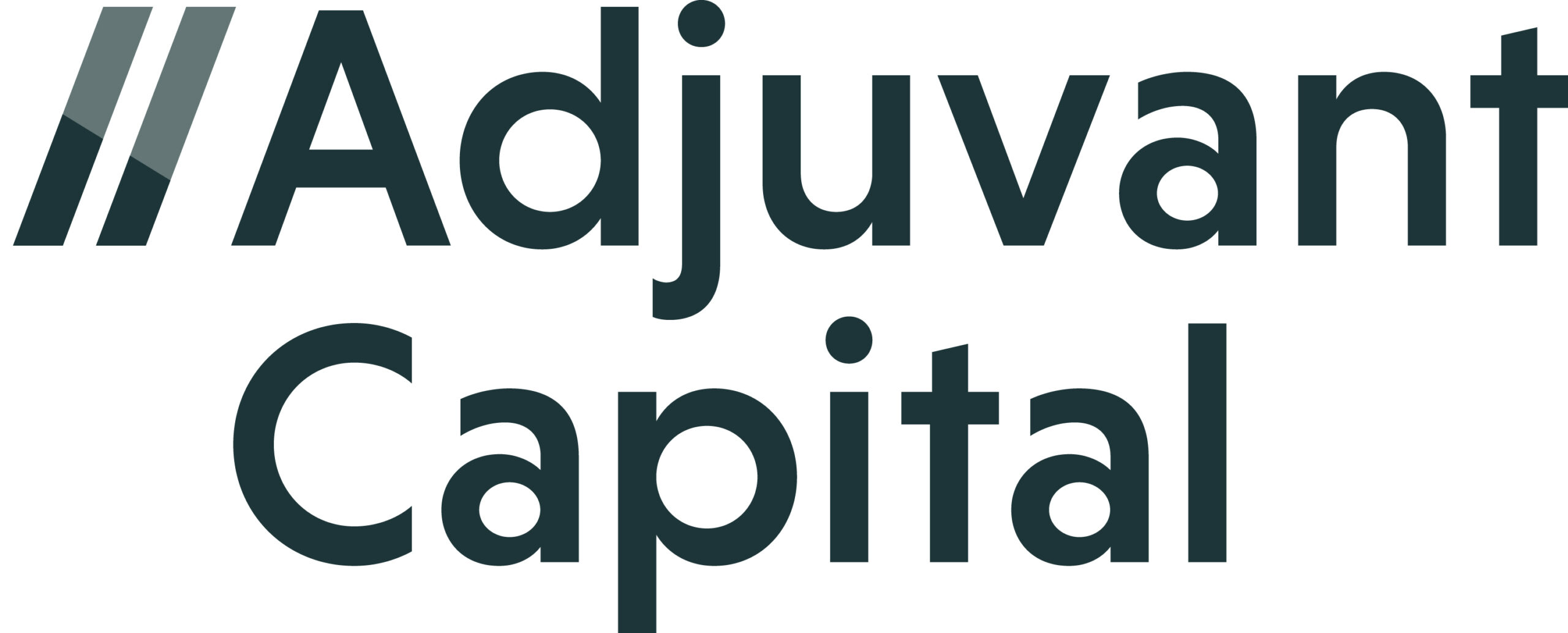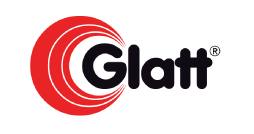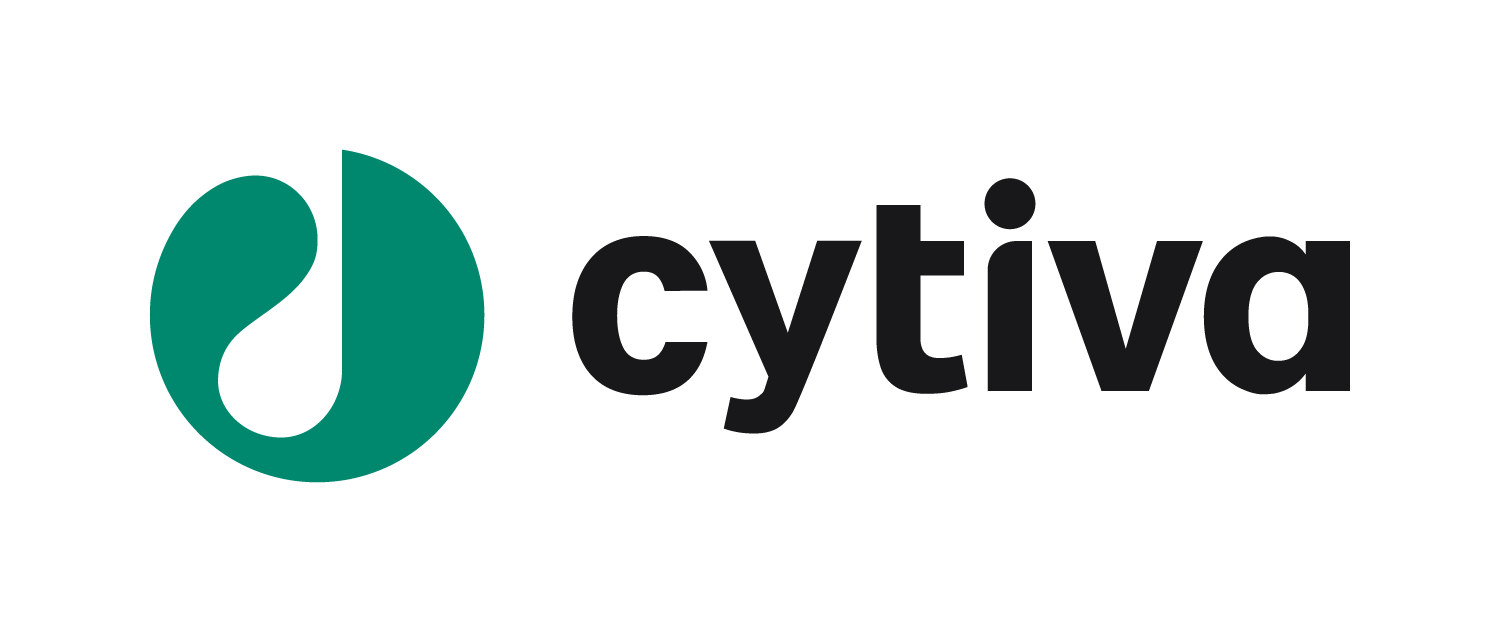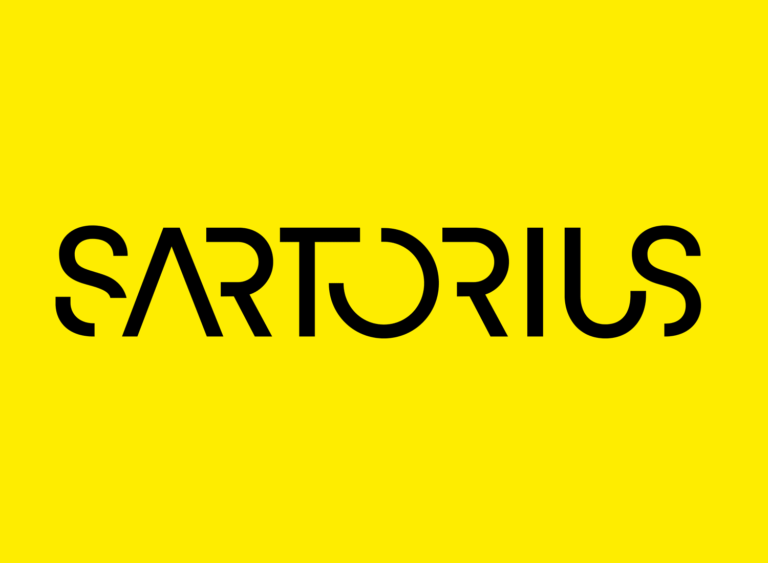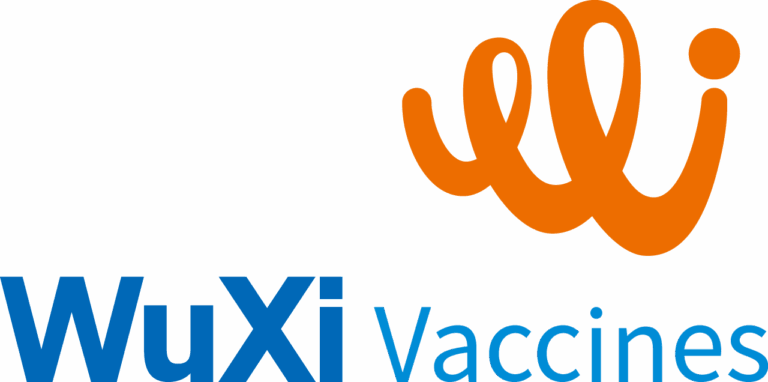After successfully completing its assessment, the WG has been sunset!
I – Background
One of DCVMN main goals is to promote the stable and sustainable supply of high-quality vaccines to developing country populations. This includes the provision of information and professional training programs, strengthening approaches and practices related to Clinical Development and Medical Affairs activities, to enable companies to develop needed safe and effective vaccines.
II – Purpose
The purpose of the Clinical and Medical Affairs Working Group (CDMA WG) is to identify the specific needs for fostering and strengthening companies’ Clinical Development and Medical Affairs related practices, so that DCVMN member companies are equipped with state-of-the art methodology to provide vaccines according to international standards and guidelines, aligned with national and
international regulatory requirements.
III – Aim
The CDMA WG aims at identifying and assessing the members capacity to develop a benefit-risk approach for their Clinical and Medical activities.
IV – Overall Objectives
1) To discuss the relevance of Benefit-Risk approach within the design of clinical trials and medical affairs activities.
a. To perform a survey to identify the members capacity to develop and implement a Benefit-Risk assessments for their clinical and medical activities.
b. To propose a webinar/training on recommended Benefit-Risk methodologies and the rationale for use within RCTs and medical activities.
c. To identify the mechanisms that allow companies to promote and/or combine the benefit-risk assessments.
2) To identify how the medical affairs activities are developed by the companies and how those activities are linked to the clinical development plan/strategy.
a. To describe the main activities developed by the clinical and medical services for the vaccine life cycle of a vaccine.
3) To discuss the importance of and required interactions among clinical development, medical affairs, and pharmacovigilance activities.
V – Focus topics
The focus of the group has been established as:
1) List of minimum “must-have” SOPs for:
a. Conducting clinical trials from phase I to III
b. Selection of CROs and clinical laboratories
c. Clinical Quality Management
d. Post-marketing or phase IV studies to be co-developed with Pharmacovigilance WG
2) ICH-GCP Periodic training
The WG will also develop and disseminate position papers based on consensus, that can inform DCVMN members and the wider global community on the specific actions DCVMN members could undertake to improve the vaccine clinical development, safety, efficacy and effectiveness.
VI – Authority
Working Group participants from DCVMN members act on a voluntary basis and must declare any conflict of interest they may have regarding any work undertaken. The DCVMN Board will have the authority of determining the usefulness of any work undertaken and approving its broad dissemination publicly. In case the WG receives financial support from external donors, the donors shall be informed and agree on specific support, though not be involved in the operational decision making.
VII – Composition
A group of around 10 expert participants from manufacturers DCVMN members, is considered optimal for effective group functioning, including representation from the main regions (Africa, Asia, Latin America), to the extent possible, and from both public sector and private sector companies, to ensure a balanced representation and input of diverse views and experience. Each participant would need to dedicate a small percentage of his/her time to work in the group. The WG will have a nominated Chair and a co-Chair, which will rotate annually. An independent expert consultant will support the working group activities, if needed. DCVMN secretariat will provide administrative support, coordination, and meeting materials and related funds, if any.
VIII – Criteria for participation in the expert group
Participants should be experienced professionals, preferably with responsibilities for clinical/medical affairs in his/her company, having at least two years of relevant experience.
IX – Operations
A specific annual work-plan will be agreed upon, including the specific topics to be covered with timelines and deliverables. WG meetings will largely take place through remote communication (Zoom/Teams), but also face-to-face meetings during meetings where the Chair or co-Chair and at least half the participants are attending. Any working group meeting will have a specific set of agenda points for discussion and a required minimum quorum (Chair or co-Chair plus half the participants), ensuring decisions are taken in a collegial manner. Discussions will aim for consensus.
X – Duties and responsibilities
Each participant will act in the capacity of the corporate DCVMN member they represent and best contribute to the specific agenda, ensuring his/her employer are informed and aligned with opinions expressed at the meetings. Participants whose employment situation changes and can no longer serve on the group will inform DCVMN secretariat to allow another participant to be identified.
The above terms were agreed upon and approved by the WG members on 22 March 2022.
List of participants (as of 22nd December, 2023)
| Name Surname | Company | Country | Position |
|---|---|---|---|
| F. Castro Boulos | Instituto Butantan | India | Chair |
| Y. Yunkai | CNBG | China | Co-Chair |
| L. Hill | Aspen | South Africa | |
| E. Matos | Bio-Manguinhos | Brazil | |
| E. Alonso | Bio-Manguinhos | Brazil | |
| S. Krishna | Indian Immunologicals | India | |
| D. Lazzarini | Sinergium Biotech | Argentina | |
| M. A. Mahajan | Zydus Life | India | |
| R. Mulia Sari | PT Biofarma | Indonesia | |
| S. Desai | Serum Institute of India | India |
- December 13th, 2024
- November 25th, 2024
- October 30th, 2024
- August 14th, 2024
- July 9th, 2024
- June 4th, 2024
- April 19th, 2024
- February 15-16, 2024
- February 7th, 2024
- February 9th, 2023
- December 15th, 2022
- June 6-7, 2022
- March 22, 2022
The content is restricted. Please log in to access the meeting minutes.
